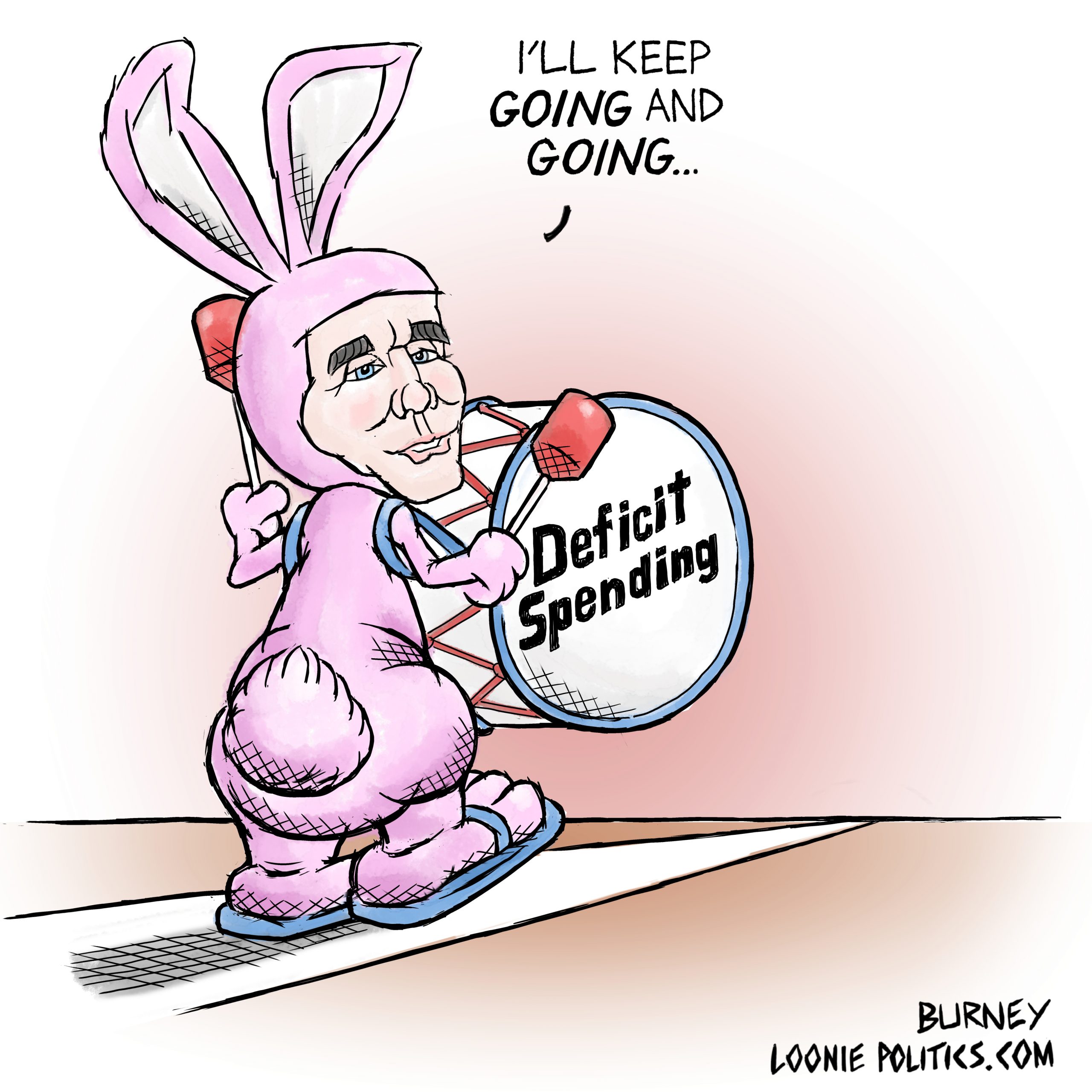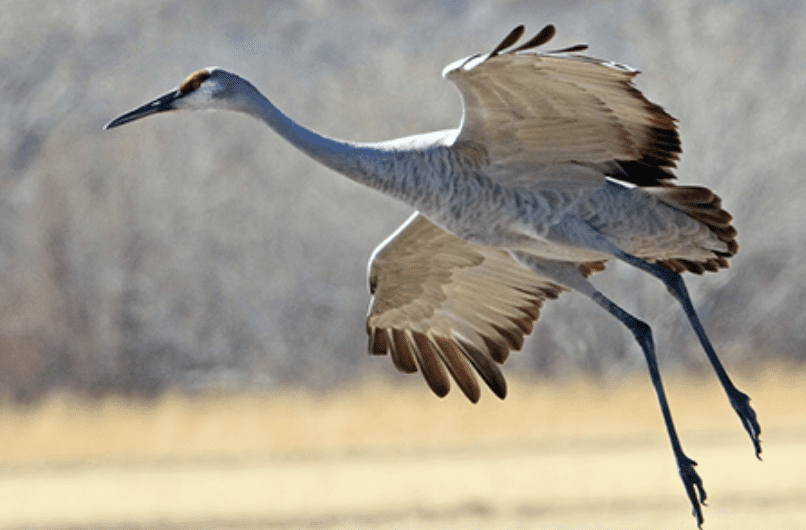For several weeks now, the Liberals have been on the defensive, fending off opposition attacks over their controversial decision to award the Liberal-friendly WE Charity with a lavish government contract.
For a time, it appeared as though the Liberals might weather the storm of their own making, moving on from the scandal relatively unscathed, as they done so in the past.
However, after the sudden resignation of Finance Minister Bill Morneau, it is evident that officials in the Prime Minister’s Office (PMO) finally came to believe that they were not going to get away with their complicit behavior. At least not without the use of a scapegoat.
Bereft of Gerry Butts, who already threw himself upon his own sword for the Liberal cause, the PMO found their next sacrificial lamb in the form of Morneau; a man who unconvincingly claims to have left his prestigious post to run for the leadership of the OECD. This, even as the country remains mired in an unprecedented economic and global health crisis.
As with SNC-Lavalin, the damage done was completely preventable, brought on by the Liberal’s ineptitude (and party infighting) than anything exacted upon them from their political rivals in the House of Commons. This is a government more masochistic, more willing to self-inflict injury, than any group, organization or association since the Opus Dei.
While they still lead in the polls, likely a result of the residual good will extended to them from their respectful handling of the COVID-19 pandemic, as well as the complete absence of compelling leadership from the Conservatives, the Liberals are undoubtedly weakened.
Already, their popularity amongst Canadians has slipped, as has the approval ratings of the prime minister himself. For a minority government, with only a tenuous grasp on the levers of power, this is dangerous territory indeed.
In case the Liberals were not aware of their vulnerability, the opposition parties have made it abundantly clear to them.
Last week, Bloc Quebecois leader Yves-Francois Blanchet issued yet another ultimatum to Justin Trudeau, challenging the Prime Minister to an electoral dual of sorts. In more words than written here, Blanchet demanded Trudeau’s resignation, along with the resignation of Morneau and PMO Chief of Staff, Katie Telford.
If not, the Bloc leader ominously threatened, be prepared for the possibility of snap-election, brought on by the tabling of a motion of non-confidence.
Blanchet certainly has a knack for political theatrics. It was as fine a display of sabre-rattling as I have ever witnessed. It was also, as NDP MP Charlie Angus astutely noted, a rather embarrassing demonstration, verging on a “hissy fit.”
While Trudeau, Telford, and all others involved for that matter, must be held accountable for their actions in the WE scandal, this is not the way to go about it. Demanding resignations, and threatening an election, merely makes Blanchet appear like a petulant child, throwing a temper tantrum after not getting his way.
If anything, Blanchet should take a page from Jagmeet Singh and the NDP.
Instead of playing political games and pandering to his base, Singh has leveraged his influence to pressure the Liberals into adopting more progressive measures to aid Canadians in the struggle against COVID-19.
His latest efforts have been to press the Trudeau government into increasing its funding for child-care services. Singh is pushing not only for the Liberals to immediately transfer $2 billion to the provinces, but also to increase childcare spending by an extra $10 billion in the following four years.
Logically, Singh believes the boost in childcare dollars will allow more parents to re-enter the workforce, particularly as COVID restrictions begin to be lifted and more workplaces begin to reopen.
At the same point, he has continued his advocacy for the implementation of an affordable, universal childcare program; something Canadian families would benefit immensely from and have long been promised.
So good on Singh.
It is a sign of his growing maturity as a leader that he has prioritized the needs of Canadians rather than employing crass political machinations. I just wish I could say the same for Blanchet.
As for those concerned about Trudeau’s continued evasion of accountability, rest assured: there will come a day when judgement is levied upon him and his staff in the PMO. It might not be today, nor tomorrow, but it will come in time, as will the right moment for the next election.
In the meantime, the opposition is better off fulfilling its obligations to Canadians by ensuring that all citizens, throughout this pandemic and afterwards, are provided the services and assistance they require. By continuing to push the Liberals on child-care, that is exactly what Singh and the NDP have been doing.
Amid both scandal and pandemic, its reassuring to see at least one of our political leaders acting responsibly.
Photo Credit: Jeff Burney, Loonie Politics








